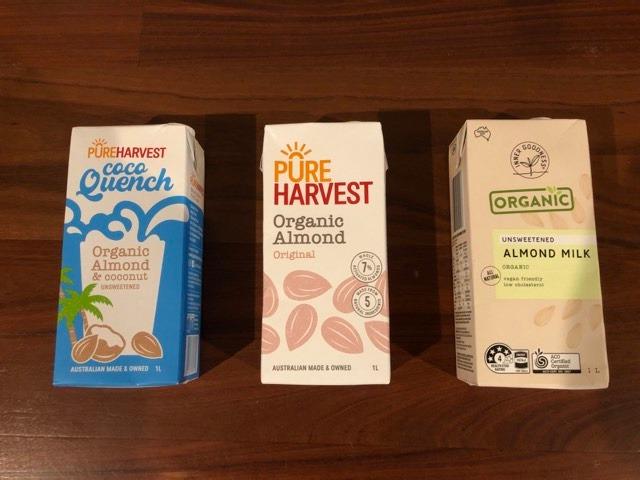With the amount of aisle space dedicated to plant-based milk alternatives in Australian supermarkets, it’s clear that they are in high demand. But why are they gaining such popularity?
According to experts from the University of New South Wales (UNSW), there are multiple reasons why many consumers are favouring soy, almond, oat, rice or coconut alternatives, including health and ethical reasons.





